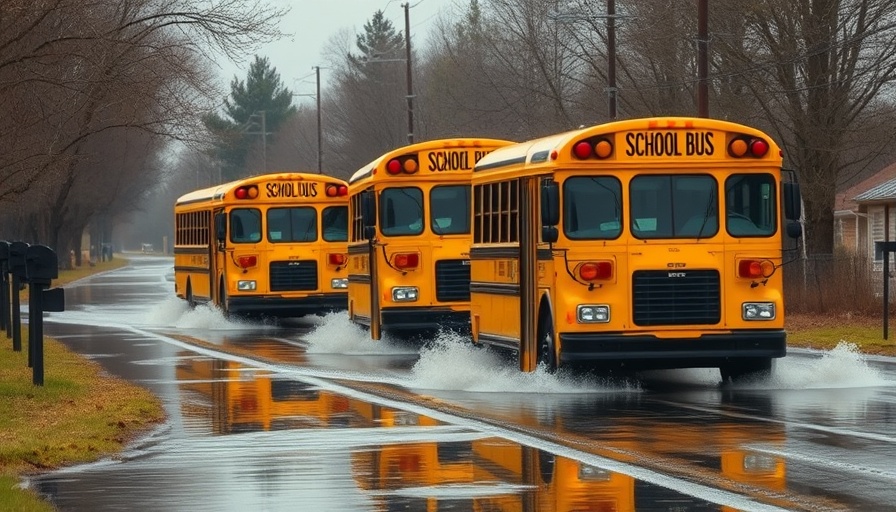
Understanding the Oregon EPR Law's Impact
The Oregon Plastic Pollution and Recycling Modernization Act aims to foster a circular economy through a program called extended producer responsibility (EPR). This initiative is intended to improve recycling practices, making it easier for consumers and businesses to engage positively with waste reduction. However, the National Association of Wholesaler-Distributors (NAW) has stated that the implementation of this law is severely flawed and may do more harm than good.
The Heart of the Matter: Why is NAW Taking Action?
NAW has filed a lawsuit against the Oregon Department of Environmental Quality, arguing that the law violates constitutional boundaries and hinders interstate commerce. Eric Hoplin, the President of NAW, has expressed a strong commitment to sustainability but insists that the current legislative framework shifts operational burdens unfairly onto wholesaler-distributors, who often lack control over product design and waste management processes.
What the Lawsuit Alleges
Specifically, the lawsuit claims that the EPR law:
- Delegates EPR control to a private organization, the Circular Action Alliance (CAA), without sufficient oversight or clear guidelines on fee structures.
- Unfairly disrupts national markets by imposing restrictions that predominantly target out-of-state producers.
- Presents a situation where businesses must contract exclusively with the CAA, significantly limiting economic freedom and due process.
- Allows for fees and compliance rules to be imposed without providing adequate chance for producers to engage or object, thereby lacking transparency.
Unpacking the Impact on Communities
While the intentions behind the law are commendable, reactions from stakeholders indicate that the law's execution could infringe on local businesses' ability to grow and thrive. For many small distributors and producers, the stipulations may create an environment of uncertainty and inefficiency, which can trickle down to consumers.
Counterarguments: Why Some See Potential
Not everyone agrees with NAW's position. Some industry experts argue that the EPR model, if applied correctly, has the potential to create a more sustainable economy. Programs in different states have proven that when applied thoughtfully, EPR can encourage innovation in product design, ultimately benefiting both producers and the environment.
Looking Ahead: The Future of Recycling Legislation
As the NAW lawsuit unfolds, the outcomes could set significant precedents for how recycling laws are constructed across the United States. Whether this results in a reworking of Oregon’s law or inspires producers to advocate for more balanced legislation nationwide remains to be seen.
Engagement From the Community
As citizens, community members can support local businesses and engage with recycling initiatives, encouraging transparency and fairness in legislation. Watching how the NAW lawsuit progresses can also inform our understanding and expectations of recycling programs in our own states.
It's essential to ensure that environmental initiatives don't unintentionally stifle local businesses or lead to unequal burdens across the supply chain. Engaging in discussions and staying informed can empower communities to advocate for fair practices in recycling and beyond.
 Add Row
Add Row  Add
Add 




Write A Comment